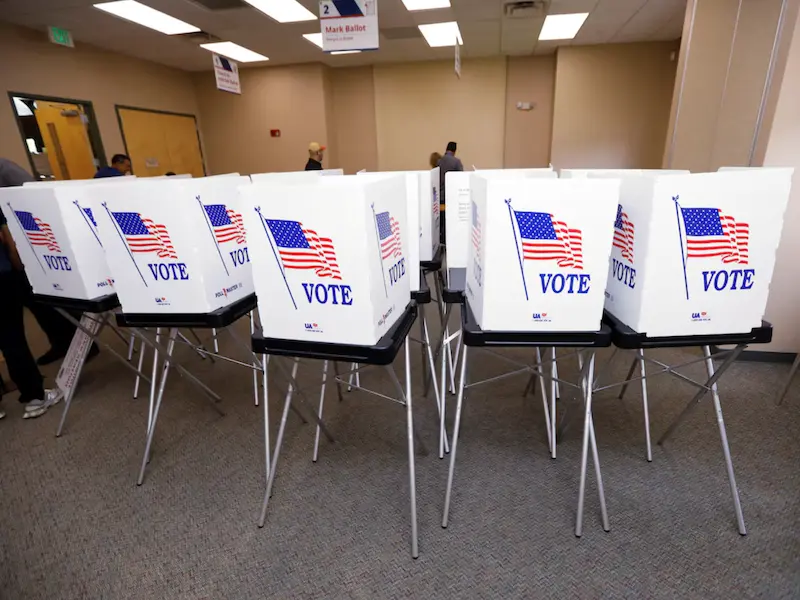- A U.S. intelligence official claims Russia is generating the most AI content to influence the upcoming presidential election, supporting Trump and undermining Harris.
- The sophistication of Russia’s efforts highlights its deep understanding of U.S. electoral systems and targeted disinformation strategies.
OUR TAKE
The revelation that Russia is using AI to manipulate the U.S. presidential election raises significant concerns about election integrity and foreign interference. With advanced tactics designed to bolster certain candidates and spread misinformation, the implications for democracy are profound. As AI technology evolves, it is crucial for regulatory measures to be implemented to safeguard elections from such manipulative practices.
–Lily,Yang, BTW reporter
What happened
A U.S. intelligence official has disclosed that Russia is producing the most artificial intelligence-generated content aimed at influencing the upcoming presidential election. This information was shared during a press briefing where the official stated that Russia is strategically focused on boosting Donald Trump‘s candidacy while disparaging Kamala Harris and the Democratic Party.
Despite not providing specific figures, the official emphasised Russia’s advanced tactics and understanding of the electoral process. He also explained how Russian influence actors could disseminate AI content effectively, referencing a disrupted operation involving pro-Kremlin social media accounts. Meanwhile, China is reportedly using AI to shape perceptions globally but is not targeting the U.S. election.
Also read: US senate hearing targets semiconductors in Russian arms
Also read: Russia to allow crypto payments in international trade to counter sanctions
Why it’s important
News that Russia used artificial intelligence to influence the U.S. presidential election has implications for national security and the democratic process. The news highlights the growing sophistication of foreign interference tactics, especially through advanced technologies such as artificial intelligence. By focusing on manipulating public perceptions and promoting specific political narratives, Russia poses a serious threat to the integrity of the election.
This situation requires U.S. authorities to take urgent action to strengthen cybersecurity measures and develop countermeasures against disinformation. This development is a stark reminder of the vulnerability of electoral systems in an evolving technological environment. It also raises ethical questions about the role of technology in modern elections, highlighting the need for regulations to protect democratic institutions.

